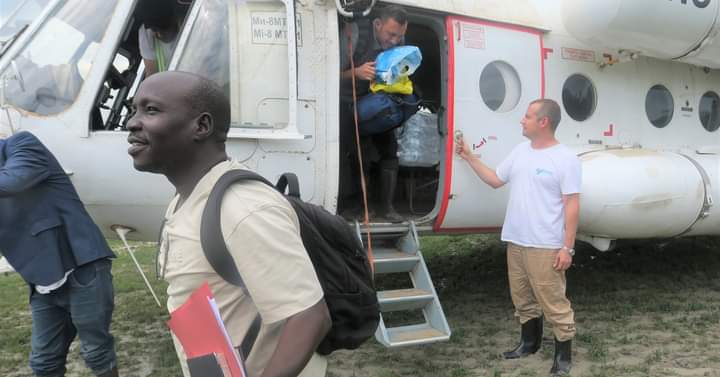By Adeyemi Adekunle
Sudan’s escalating crisis has taken a dire turn as torrential rains and flooding have rendered critical roads impassable, leaving more than 50 trucks carrying 4,800 metric tons of World Food Programme (WFP) aid stranded across the country.
The aid, intended to support 500,000 people, has been delayed for weeks due to the destruction of key bridges and roads, particularly at the Chad border.
The rainy season has exacerbated Sudan’s already precarious situation, displacing 27,000 people and killing at least 50.
The floods have affected 143,000 people across 12 states, heightening fears of waterborne diseases like cholera and typhoid. The most vulnerable, including malnourished children and mothers, are at significant risk.
As the conflict in Sudan intensifies, aid routes have become increasingly dangerous, complicating the delivery of life-saving assistance.
The WFP has urgently called for a humanitarian ceasefire and the reopening of all border crossings to ensure that critical aid reaches those in need.
Ongoing peace talks in Switzerland offer a glimmer of hope, but the situation on the ground remains dire. The international community’s swift response is crucial to averting a full-scale humanitarian disaster in Sudan.




